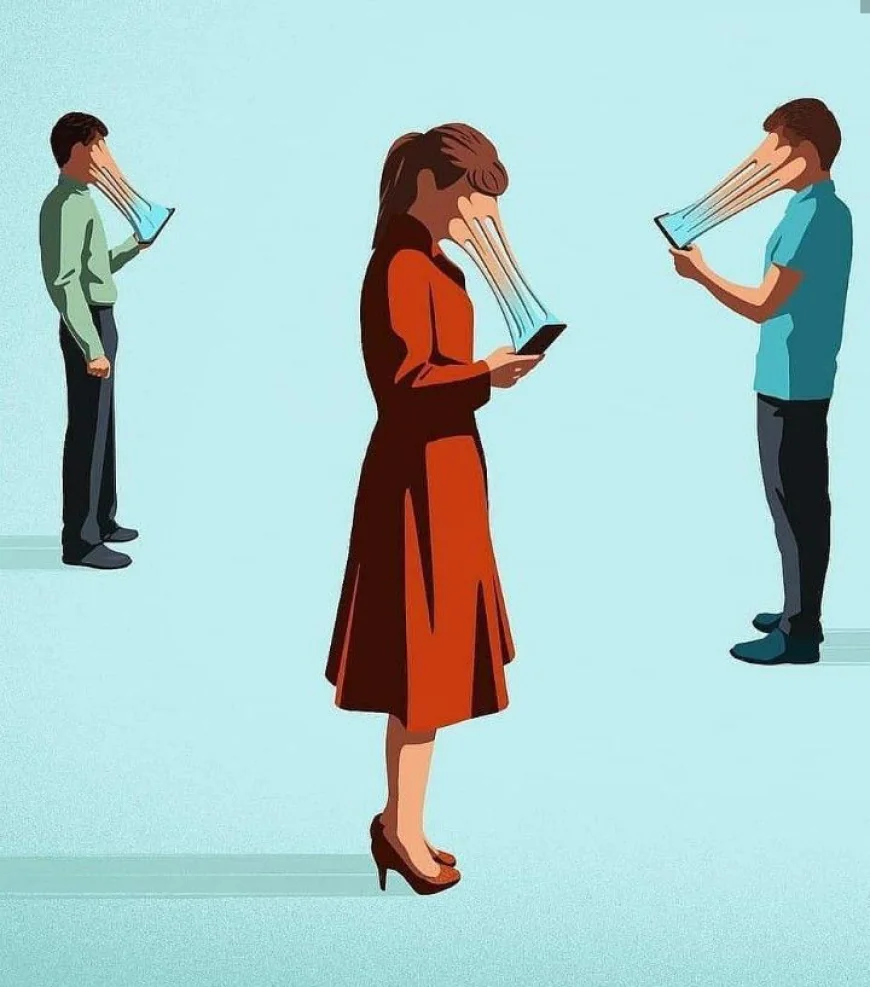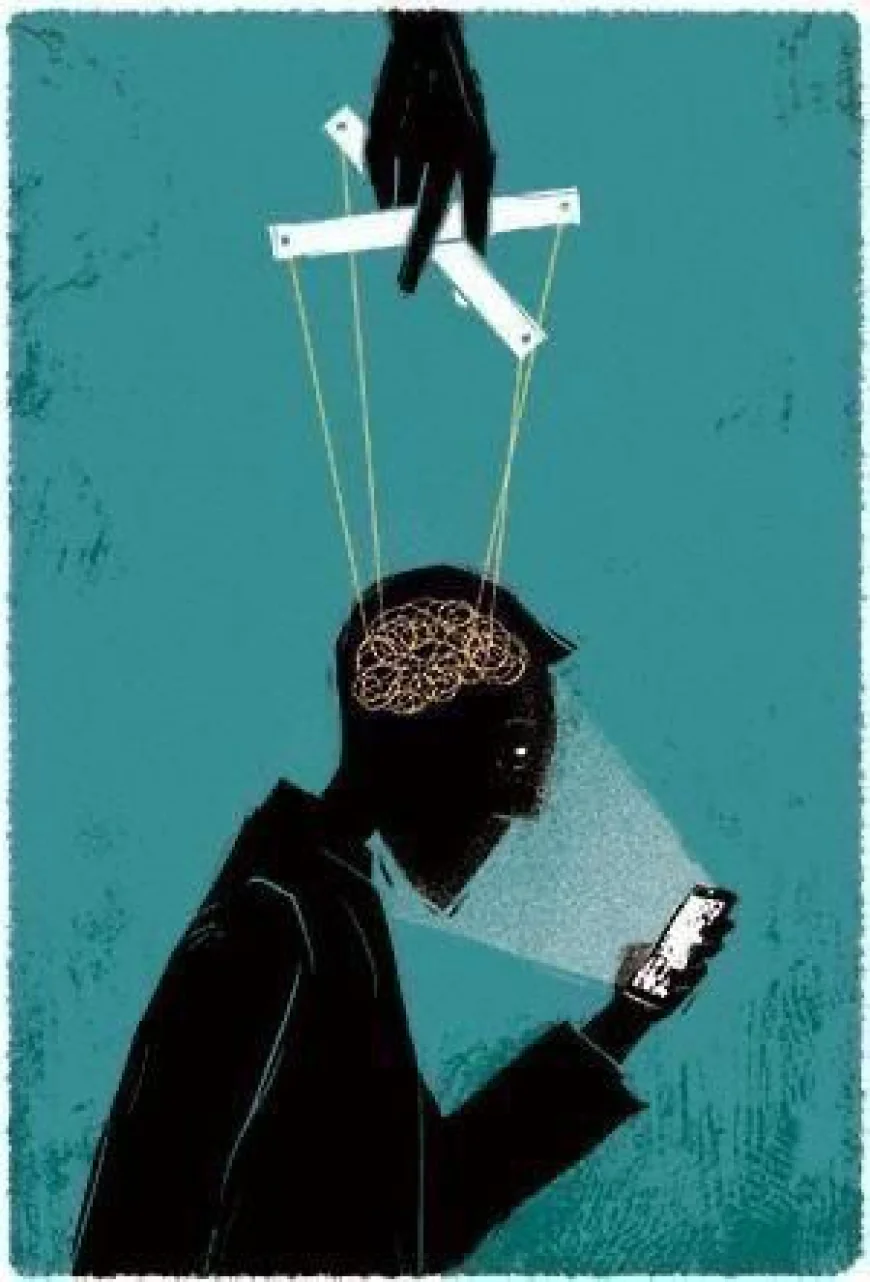Scroll Triggers: How Social Media Hooks Your Mind
Social media is designed to capture and hold our attention using dopamine-driven features like infinite scroll, unpredictable rewards, and constant notifications. While it offers connection and entertainment, excessive use can harm mental health, academic focus, self-esteem, and real-life relationships. From FoMO and comparison to parasocial bonds with influencers or AI chatbots, these digital habits shape how we see ourselves and relate to others. The key isn’t quitting—but using social media intentionally. By reflecting on our habits, unfollowing toxic content, and engaging meaningfully, we can turn social media into a more positive force in our lives.
Scroll Triggers: How Social Media Hooks Your Mind
Social platforms are purposely capturing your attention. Infinite scrolling, customized feeds, unpredictable “likes,” and endless notifications manipulate Motivation and reward system—turning your feed into a near hypnotic experience. Like a casino slot machine, it's deliberately designed without natural stopping points—pulling users into a loop of compulsive scrolling.
A major neuroscience study confirms that prolonged engagement modifies dopamine signaling, gradually shifting your brain toward dependency much like addictive substances (drugs).
Distraction That Hurts: The Hidden Cost on Learning
Scrolling itself does not ruin study habits overnight—but its concequences does. Anxiety, low self-esteem, and mood swings resulting from heavy social media use can notably distract students from meaningful work. A meta-analysis spanning universities worldwide showed that excessive social media use is linked to weaker academic performance.
FoMO, Comparison & Screen Snubbing: The Unseen Strains
Fear of Missing Out (FoMO), that annoying feeling that everyone else is having more fun keeps us checking our feeds non-stop. On photo-heavy apps, we end up comparing our real lives to everyone else’s perfect highlight reels, which can really mess with our self-confidence.
Then there’s screen snubbing; ignoring the people in front of you in favor of your screen. This silent behavior damages real-life connections and deepens isolation. It’s a growing social condition hidden through pocket-sized devices.
Shaping the Cyber-Self & Digital Friendships
We build our online identity based on likes and follower numbers, it’s like seeing ourselves through other people’s eyes.
On top of that, many of us end up forming one-sided relationships with influencers—or even AI chatbots. These emotional connections can be surprisingly comforting, but they sometimes start to take the place of real-world friendships without us even noticing.
Psychological Risks: From Filters to Feelings
Filters and retouching apps are feeding into what's known as Snapchat Dysmorphia making people feel insecure about how they look without digital edits and hurting their self-esteem and body image.
Constant scrolling, phubbing, and comparing ourselves to others online have also been linked to rising levels of anxiety, depression, and stress, especially among younger users.
When AI Becomes a Friend: Artificial Intimacy at Play
AI companions are becoming more emotionally responsive than ever. These days, both teens and adults are opening up to chatbots and even turning to them for emotional support.
Some studies suggest that chatbots can help ease loneliness—but they’re no substitute for real human connection. In fact, relying too much on them for emotional support might actually make people feel more isolated over time.
Smarter Ways to Use social media
The good news? Mindful use beats total avoidance.
UBC researchers found that how you use social media matters more than how much. Active engagement like commenting, learning, or connecting is much healthier than just scrolling passively.
Try these practical tips:
-
Reflect: Does your feed leave you inspired—or drained?
-
Unfollow: Let go of accounts that spark stress, comparison, or negativity.
-
Engage: Use social media to build real, meaningful connections.
Final Thought
Social media isn’t inherently bad—but its dopamine-driven design and surface-level interactions make mindful use more important than ever. By understanding how these platforms affect our brains, noticing our habits, and choosing to engage with intention, we can shift scrolling from a mindless trap into something purposeful and positive.











